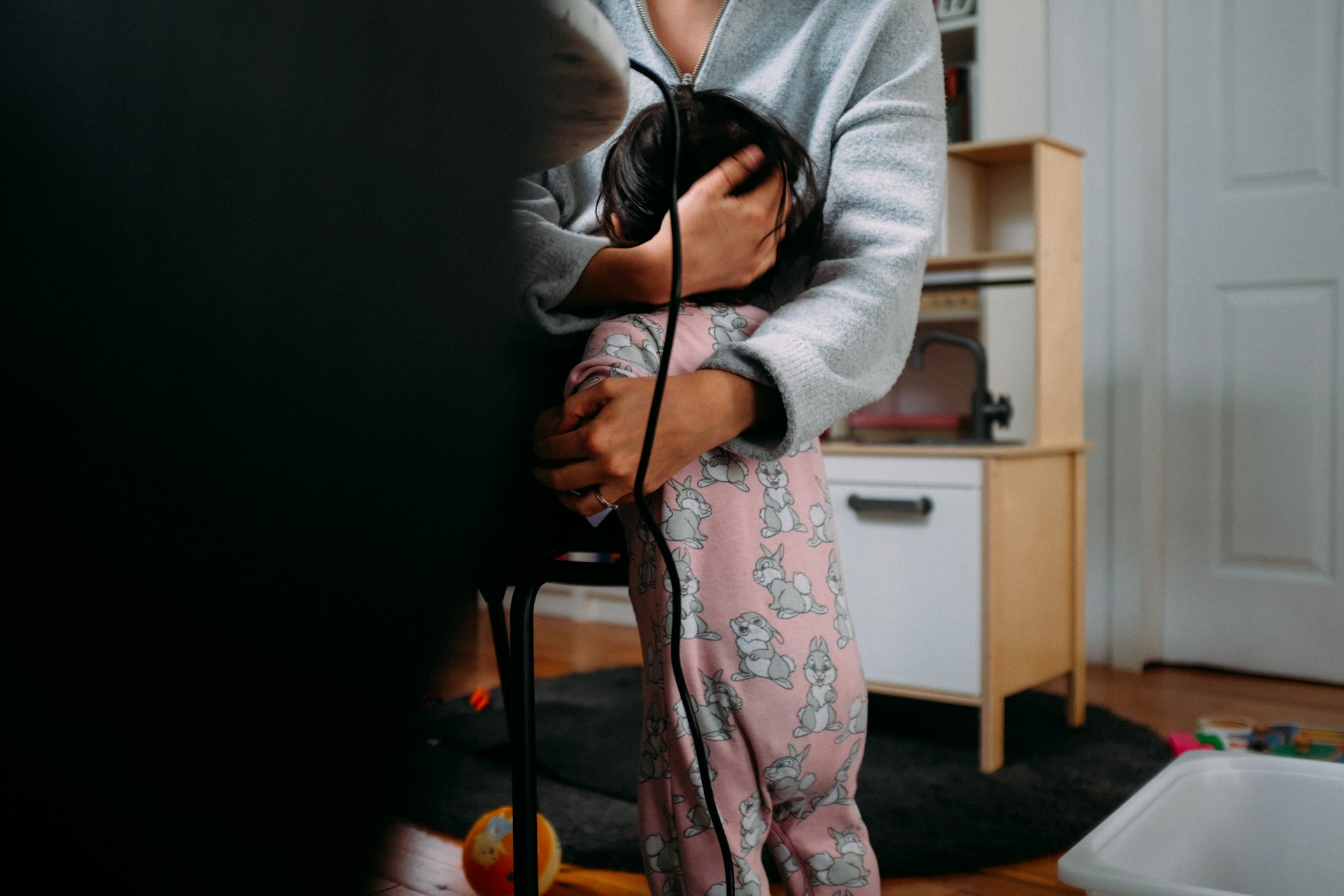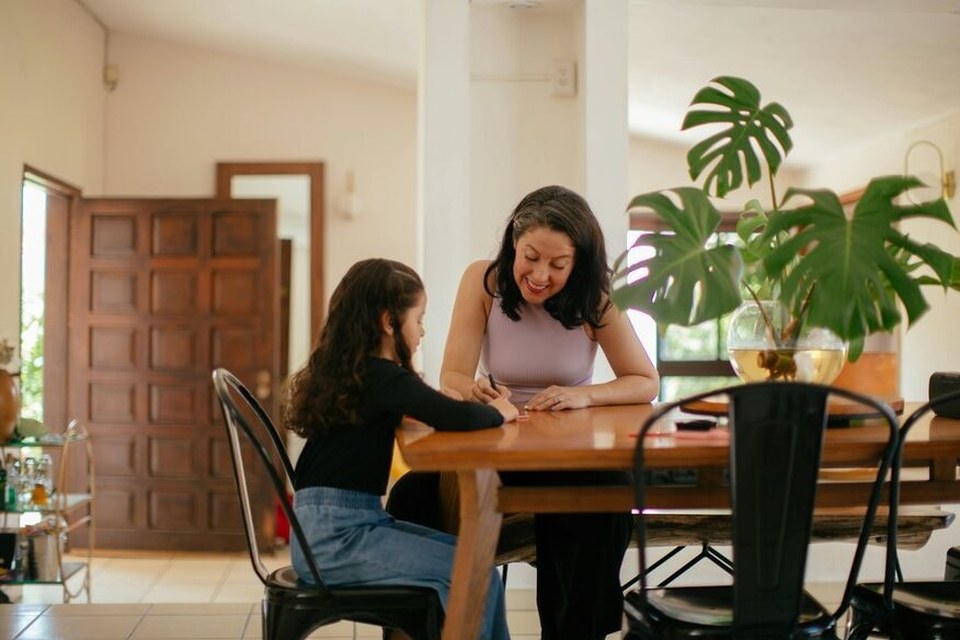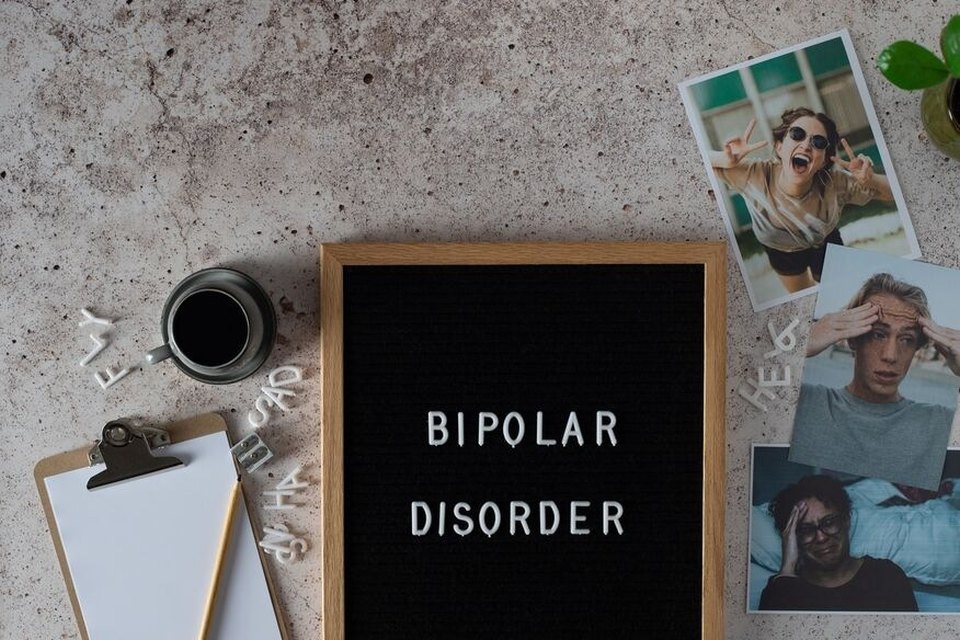How to Identify and Relate to Autistic Behavior in a Loved One
People are different in many ways, including their neurology. A neurodivergent person is atypical in how they experience and interact with their world. Just as in every other facet of life, the call to love our neighbors as we love ourselves (Matthew 22:37-40) includes those who are not neurotypical. We should approach neurodiverse individuals with the same compassion we want to receive for the ways we’re different. Autism – Understanding It and Dispelling Myths Autism is a condition formally referred to as Autism Spectrum Disorder (ASD). Though that is the clinical term, many prefer to refer to the condition as autism or simply as being autistic. The choice of language a person prefers will vary – the preference might be for person-first language (e.g., "person with autism") or for identity-first language (e.g., "autistic person"). Setting to one side what is appropriate when referring to ASD and individuals with ASD, the question is, what is ASD? ASD is a neurodevelopmental condition that manifests differently and uniquely in individuals. It influences how the individual interacts with and perceives the world around them. ASD is characterized by differences in behavioral patterns, social communication, and sensory experiences. ASD is commonly described as a spectrum. This is because the condition encompasses a broad range of challenges and abilities, and these exist on a spectrum. Two people with ASD won’t experience the same levels of difficulty with communication, social interactions, sensitivity to sensory input like light or sound, or in their experiences of repetitive behaviors. The spectrum nature of autism may also mean that some individuals excel in certain areas, such as their memory, art, or mathematics, while facing challenges in other areas of life, like maintaining relationships. Common Misunderstandings and Controversies about Autism We live in the information age, which has positive and negative implications. [...]












